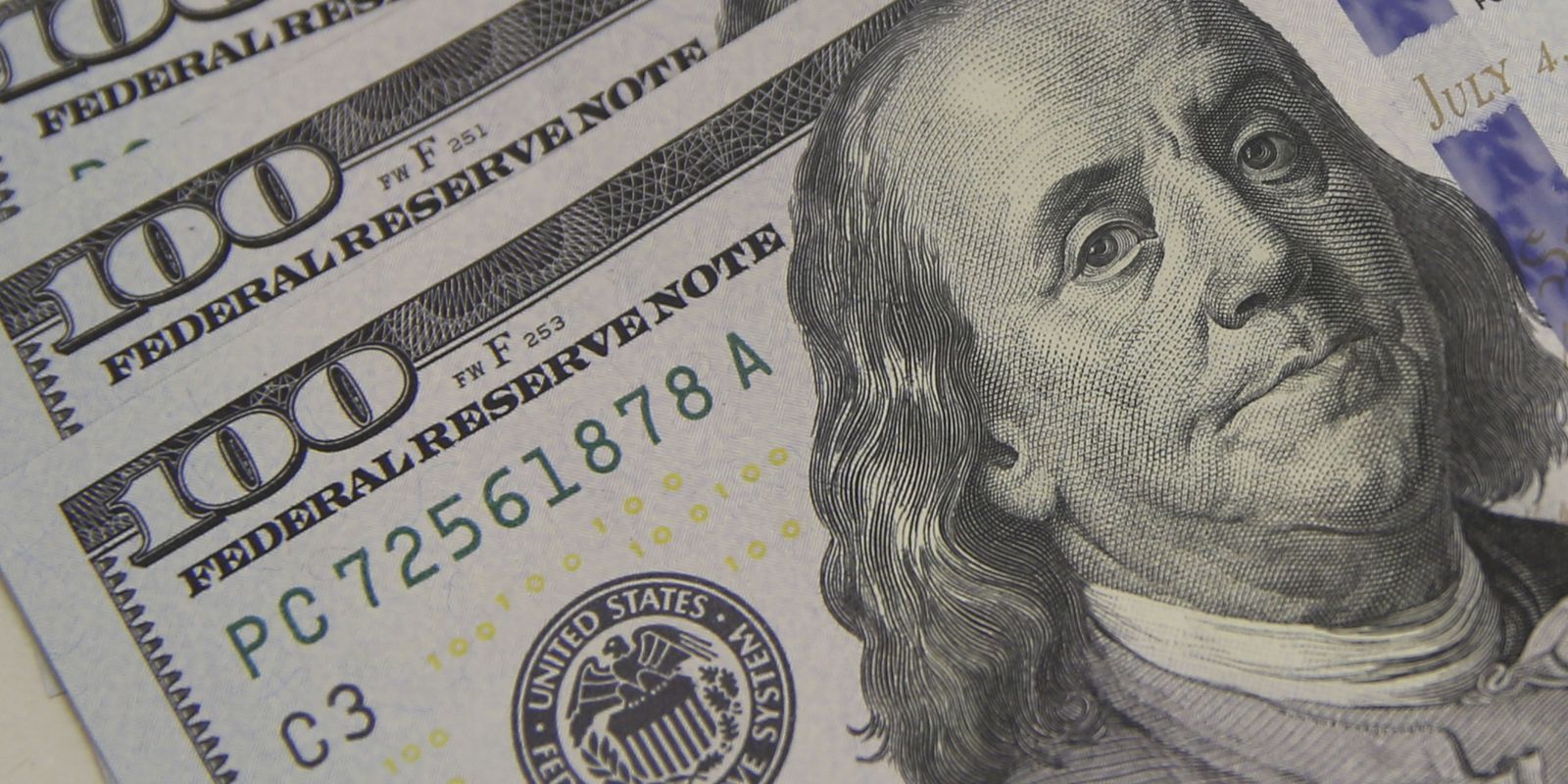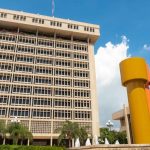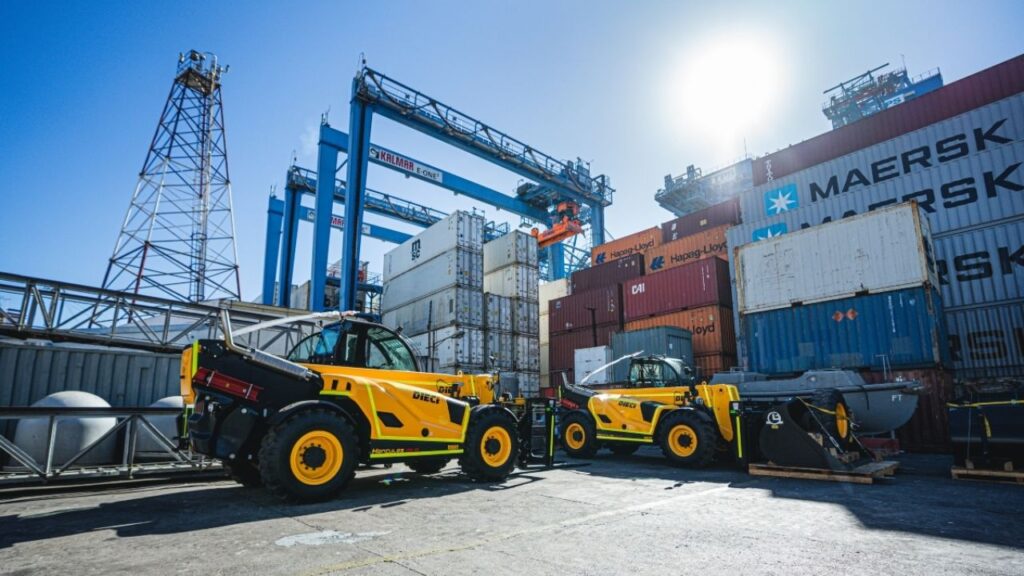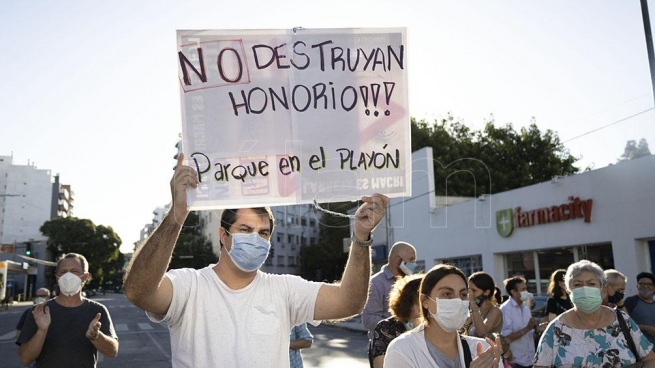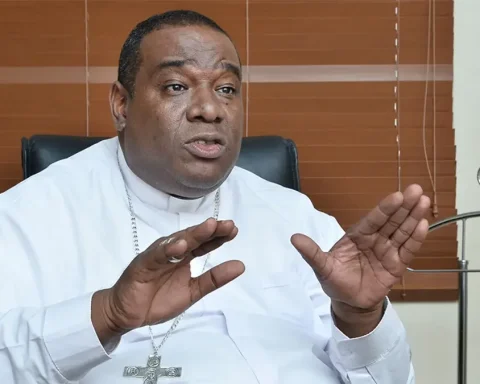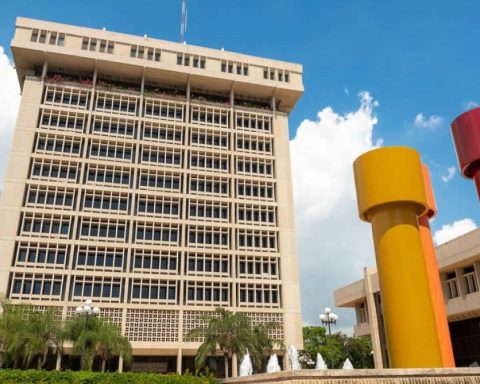The financial market had another tense day awaiting decisions on basic interest rates in Brazil and the United States. The dollar rose for the seventh time in a row and reached the highest value in just over a month. The stock market had its eighth consecutive drop and reached its lowest level since the beginning of the year.
The commercial dollar closed this Tuesday (14) sold at R$5.134, up by R$0.019 (+0.38%). The quotation came to operate in decline during the morning, but firmed the upward trend after the opening of the market in the United States.
The US currency is at its highest level since May 12, when it closed at R$5.14. The currency rose 8.02% in June, but accumulates a fall of 7.93% in 2022.
In the stock market, the day was also marked by nervousness. The B3 Ibovespa index closed at 102,603 points, down 0.52%. The indicator came to operate higher at the beginning of trading, but reversed the movement during the morning. The stock market is at its lowest level since January 10, when it was around 101,000 points.
Despite the drop in the Ibovespa, Eletrobras shares rose after the privatized company’s debut on the stock exchange. Ordinary shares (with the right to vote at shareholders’ meetings) rose 3.37%. Preferred papers (with preference in the distribution of dividends) appreciated 2.36%.
As in the last few days, the financial market acted on hold. Tomorrow (15), both the Central Bank of Brazil and the Federal Reserve (Fed, North American Central Bank) will release the new interest rates. In Brazil, the Monetary Policy Committee (Copom) is expected to increase the Selic rate (basic interest rates in the economy) in 0.5 percentage point, to 13.25% per year.
What has been causing turmoil in the financial market is the future of base rates in the United States. With inflation in the world’s largest economy at 8.6% in the last 12 months, the highest level in 41 years, investors fear the Fed will tighten its belts and raise interest rates by 0.75 percentage point to a range between 1 .5% and 1.75% per year. Higher rates in advanced economies cause capital flight from emerging countries such as Brazil.
*With information from Reuters.
